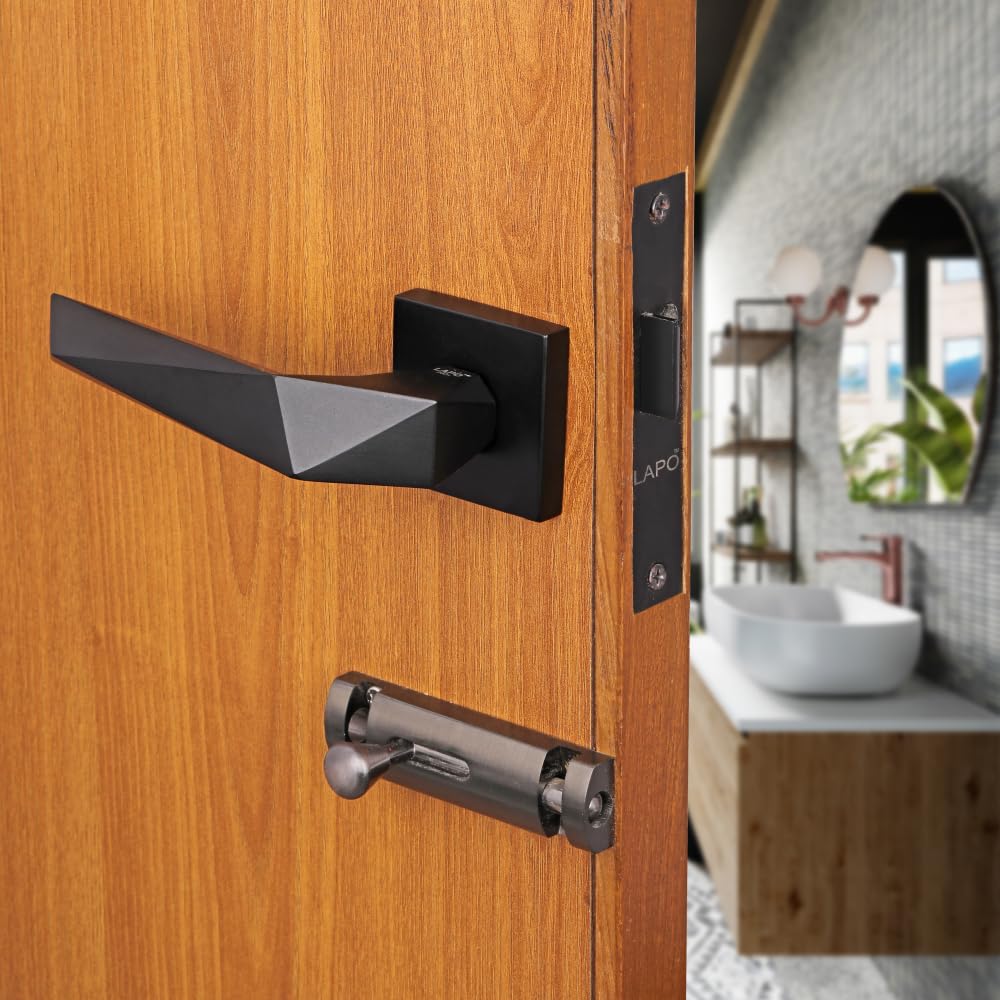
If you put the lock on a highly-trafficked entrance, whether located in a school, hospital, or office building you’re hoping it will last for. However, durability doesn’t only mean tough materials or parts that are heavy-duty. It starts earlier, at the engineering and design phases within the manufacturing facility. The leading electronic lock manufacturers are changing the way locks are designed to be tested, refined, and redesigned to meet the requirements of modern-day buildings and their customers.
From the precise selection of materials to rigorous cycle testing, every step of the manufacturing process is a part of creating locks that do more than function; they last. In a time when the building management industry increasingly relies on systems such as the master commercial master key for locks and master key commercial, pressure is on manufacturers to offer high-quality security at a large scale.
Why Durability Matters More Than Ever
The durability of locks isn’t an added benefit; it’s now a standard. Commercial locks must be able to withstand thousands of cycles every year, extreme environmental conditions, and continual mechanical wear. An issue with a lock doesn’t only cause discomfort, it could also affect safety and cause disruption to the operation.
In 2023, a worldwide security hardware report, 78% of facility managers considered “long-term reliability” as the most crucial factor to consider when choosing security systems. This is for manufacturers. Designing each product to function consistently over time with minimum maintenance.
The Material selection process: strength comes from the Core
It begins with the raw materials. Good electric lock manufacturers procure metals that are resistant to corrosion, deformation, and fatigue, including brass alloys, stainless steel, and steel that has been hardened.
Certain models have a weatherproof finish or coats to guard against UV radiation, water, and exposure to chemicals. For locks that are used in industrial or outdoor settings, sealed electronics as well as reinforced housings will help prolong their lifespan.
The strength of the tiny components like springs, latches, or driver pins is evaluated and confirmed before production starts.
Smart Engineering: Designing for High Traffic and Heavy Use
Engineers develop lock components that stand up to daily usage without compromising performance. This includes:
- Plates for reinforcement to absorb impacts
- Latch mechanisms with motors tested for up to a million cycles
- Protection against power surges for electrical components
- Flexible torque resistance to avoid jamming under pressure
In commercial settings, where master locks are used in commercial settings where the master lock master key for commercial locks is utilized across hundreds or dozens of doors, any defect in its durability could cause system-wide problems. This is why modularity and reliability are crucial to the design of a.
Environmental Testing: Simulating the Real World
Before a lock can be placed on its market, the lock has to go through tests of stress that mimic years of wear in harsh conditions. The most common durability tests are:
- Test Cycle simulates thousands of cycles that open and close to simulate years of usage
- Extreme Temperatures Locks exposed to extreme cold and freezing heat
- Salt Spray Testing Evaluation of corrosion resistance in humid climates or coastal areas.
- Assessment of Vibrations and Impact. It ensures resistance to physical vibration and abuse.
Only locks that meet all durability standards can go to production. A lot of manufacturers of electronic locks test their locks far beyond the minimum ANSI/BHMA as well as EN standards to ensure they meet the highest commercial-grade certifications.
Assembly and Quality Control
In the factory, exact assembly lines ensure that each part is precisely fitted. Computer-aided tools verify the values of torque, spacing,g, and alignment. In the last stage, each machine goes through a series of operational tests, with power-related failures included, as well as manual checks to determine if the override is in place.
Some companies employ digital tracking throughout the production process to check for defects and performance metrics, making sure that only the best locks are delivered to customers at the point of use.
Innovation for Long-Term Performance
To meet the increasing demands, Manufacturers are constantly innovating to provide technologies that improve the durability and usability of their products:
- Internal components that self-lubricate help reduce maintenance
- Monitoring of battery health for wireless locks
- Dual locking mechanisms to provide extra protection against forced entry
- Diagnostics are performed remotely to warn maintenance teams before failuresoccurg
These advanced features do not just enhance durability; they also cut down on the costs of ownership.
Beyond the Factory: Working with Professionals
A dependable manufacturer of electric locks does not end at the factory doors. They work with installers, architects, and even building administrators to guarantee correct installation, code compliance, and the longevity of their products. Technical support and training programs aid in ensuring that the locks function as effectively when they are in use as they would in the laboratory.
Built to Last: Why Design Matters
In commercial settings in commercial settings, the door lock is more than just a mechanical instrument — it’s an integral part of a comprehensive security system for access that focuses on security, safety, as well as daily activities. This is why every design decision or material selection, as well as the quality of the test conducted in the factory, are crucial.
When they invest in well-engineered systems such as master lock commercial master key, Master Lock commercial Master Key, building managers are choosing a level of durability that is more than just surface strength. By choosing the most reliable electronic lock company behind their product, building managers are selecting a product that will last for a long time.



